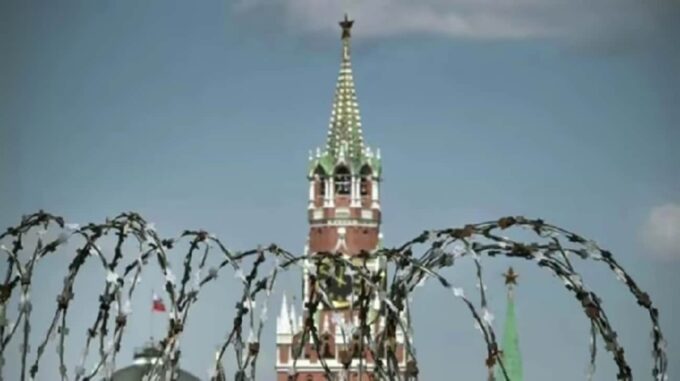Kremlin intensifies information manipulation regarding the idea of a ceasefire in Ukraine — ISW analysts

The Institute for the Study of War (ISW) once again draws attention to the Kremlin's strategic manipulations in the context of discussions around the possible cessation of hostilities in Ukraine. According to experts, the Russian leadership actively uses information campaigns to shape a positive image of their intentions and undermine the global unity of the Ukrainian, American, and European fronts on the issue of a complete ceasefire, which the Kremlin seeks to present as the basis for “peace” and “negotiation opportunities.” According to analysts, Moscow is systematically strengthening its work with Western media, deliberately addressing leaders and the public in the United States and Europe. The goal is to convey the idea that only Russia is capable of benefiting from any compromises and capitulations by Ukraine, including the 30-day ceasefire regimes proposed by Russia. Particular attention is paid to forcing Western partners to make concessions under moral and psychological pressure created through new information messages. Reports from analysts indicate that Putin himself, in his addresses on May 11 and in recent interviews, especially those of Kremlin spokesman Dmitry Peskov, carefully tries to create the impression among Western audiences that Russia is supposedly ready for “good-faith” negotiations with Kyiv. At the same time, experts assess that these statements are an attempt to conceal the real limitations of Russian military forces and distract from the inability to achieve any significant successes on the battlefield over the two years of full-scale war. The report emphasizes that the Kremlin insists that the goals of its military operation remain unchanged — to achieve the complete subjugation of Ukraine. Representatives of the Russian leadership refuse to consider a peace agreement that would not meet their demands for Kyiv’s capitulation. They also continue to rhetorically state their readiness for negotiations with Ukraine, while in reality, they are increasing military actions at the front lines, creating preconditions for further aggression against Ukraine and its European partners. Key messages from the analytical report dated May 11 indicate that Putin has called for the resumption of bilateral negotiations with Kyiv based on the Istanbul Protocols from early 2022, which include Russia’s demands for the complete capitulation of Ukraine. It is important to note that any agreements based on these protocols are essentially capitulations for Ukraine. At the same time, the Kremlin continues to insist on including demands related to the so-called “causes” of the war — that is, Russia’s requirements that effectively amount to imposing its advantages in resolving internal issues at the expense of Ukrainian sovereignty. Overall, experts highlight that Moscow is actively using current discussions around a ceasefire as a tool of psychological and informational pressure to destabilize the unity of Ukraine, the US, and European countries — creating the illusion that Russia is capable of militarily conquering Ukraine entirely and forcing the West to accept its terms. They emphasize that such tactics are a classic example of information warfare, which can complicate diplomatic negotiations and hinder the achievement of long-term peace. It is also known that Ukrainian leaders and Turkish diplomats are preparing for negotiations. President Volodymyr Zelensky and his Turkish counterpart Recep Tayyip Erdoğan confirmed their readiness to meet with Putin to discuss further conflict resolution — the scheduled meeting will take place on May 15 in Turkey. Meanwhile, Ukrainian forces have advanced near Toretsk, while Russian armed forces have intensified their actions in the Kharkiv and Novopavlivka directions, indicating ongoing tension and uncertainty in the military situation. Thus, the current situation once again demonstrates that the Kremlin is not focused on seeking stable peace but on strengthening its propaganda front and creating preconditions for larger-scale military escalation in the region. Overcoming this information battlefield and maintaining the unity of the Ukrainian people and European partners is a difficult but extremely important task for Ukrainian diplomacy and society as a whole.

